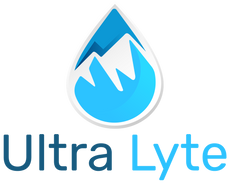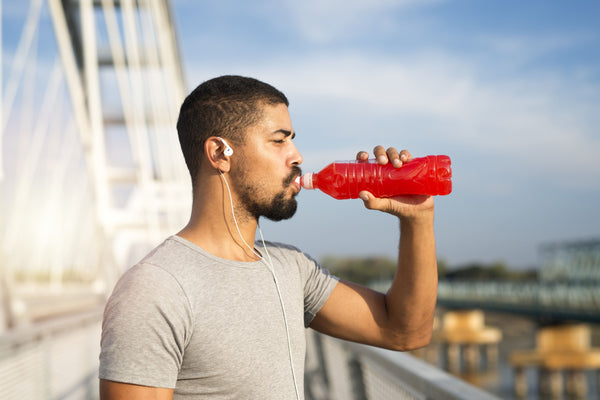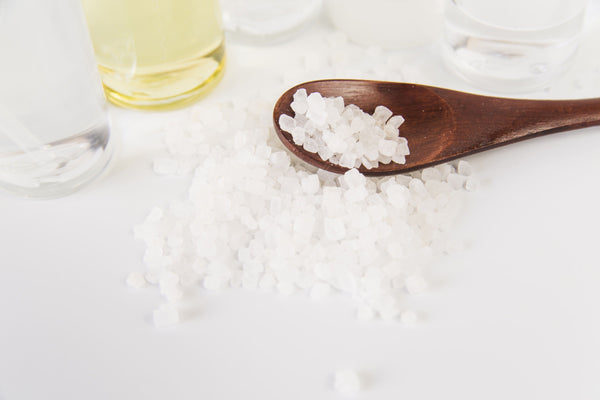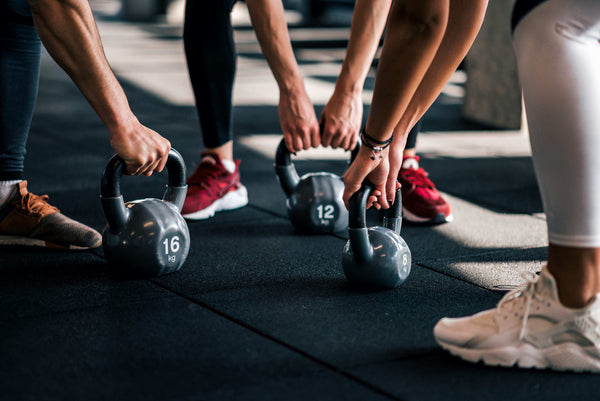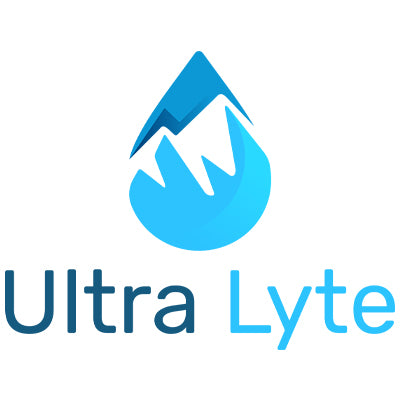
Iron

Iron
Iron is not just a metal but a vital component of the intricate human physiology. Several essential bodily functions require its presence to function optimally. One of iron's most well-known functions is its contribution to the production of hemoglobin, the protein responsible for carrying oxygen all over the body via red blood cells. Without sufficient iron, your body becomes anemic, and its ability to transport oxygen decreases, resulting in fatigue, weakness, and reduced physical endurance.
Continue reading to learn about iron's various roles in your body.
Boosts Immune System
You can boost your immune system with the right amount of iron in your body. Iron can eliminate toxins and help your body fight off viruses and bugs that are bad for you. When you take iron supplements, your body makes haemoglobin. This makes it easy to send oxygen to your important organs so they can fight off diseases and infections. Enough iron can also help fix broken cells, tissues, and systems. Additionally, iron is needed for the growth and development of immune cells, especially lymphocytes, which are in charge of making a specific reaction to an infection1.
Improves Exercise Performance
Surprisingly, iron deficiency is more common among athletic individuals, particularly female athletes, than it is among people who are not active enough. A study by health experts shows that female athletes must get an extra 10 milligrams of elemental iron daily on top of the recommended amount2. Athletes who are iron deficient may reduce their athletic performance. It occurs because hemoglobin deficiency directly impacts physical activity exertion and decreases the body's ability to transfer oxygen to the muscles.
Reduces Fatigue
When you are anaemic, you have a persistent feeling of exhaustion or lack of energy; this occurs because low iron levels might impair your capacity to utilize body energy efficiently. Low iron levels can also induce fatigue, irritation, and decreased stamina. As previously stated, iron transports oxygen to the muscles and brain, making it essential for mental and physical function. Furthermore, iron has been proven beneficial in treating unexplained fatigue in persons who are not anaemic3.
Improves Mental Concentration
Reduced cognitive performance is associated with low iron levels. According to research, there is a link between cognition and iron levels, which means that a person with low iron levels has poor concentration and attentiveness. Because your body cannot manufacture enough haemoglobin, your brain receives insufficient oxygen4.
Promotes Health Pregnancy
The body produces more blood and red blood cells during pregnancy to support the developing baby. This indicates that you require additional iron. Lack of iron during pregnancy increases the likelihood of premature birth and low birth weight. It can also affect the development of your baby's intellect and behaviour. Iron deficiency increases the possibility of infection during pregnancy when the immune system is already compromised5.
Improves Skin and Hair Condition
Discover a natural glow with iron supplements that go beyond skincare products. Iron deficiency or anaemia can lead to skin issues like dark spots and dullness due to reduced blood flow. Adequate iron levels optimize skin healing and minimize bruises. In addition, iron's oxygen supply stimulates hair growth and improves its health, resulting in hair that is shinier, smoother, and more elastic6,7.
Food Sources of Iron
Iron-rich food sources include red meat, poultry, seafood like shellfish, beans and legumes, tofu, nuts and seeds, fortified cereals, leafy greens, quinoa, dark chocolate, dried fruits, and eggs8.
The recommended daily iron intake according to different age groups is given below.
- Birth to 6 months: 0.27 mg
- 7–12 months: 11 mg
- 1–3 years: 7 mg
- 4–8 years: 10 mg
- 9–13 years: 8 mg
- 14–18 years (Boys): 11 mg
- 14–18 years (Girls): 15 mg
- 19–50 years (Men): 8 mg
- 19–50 years (Women): 18 mg (Pregnancy: 27 mg, Breastfeeding: 9 mg)
- 51+ years (Men & Women): 8 mg
Iron is required for optimal human health and function. Iron is crucial for various bodily functions, including hemoglobin production, immune system enhancement, exercise performance, cognitive concentration, healthy pregnancy, and skin and hair health. Adequate iron intake from a balanced diet and supplements can improve overall well-being and reduce fatigue.
